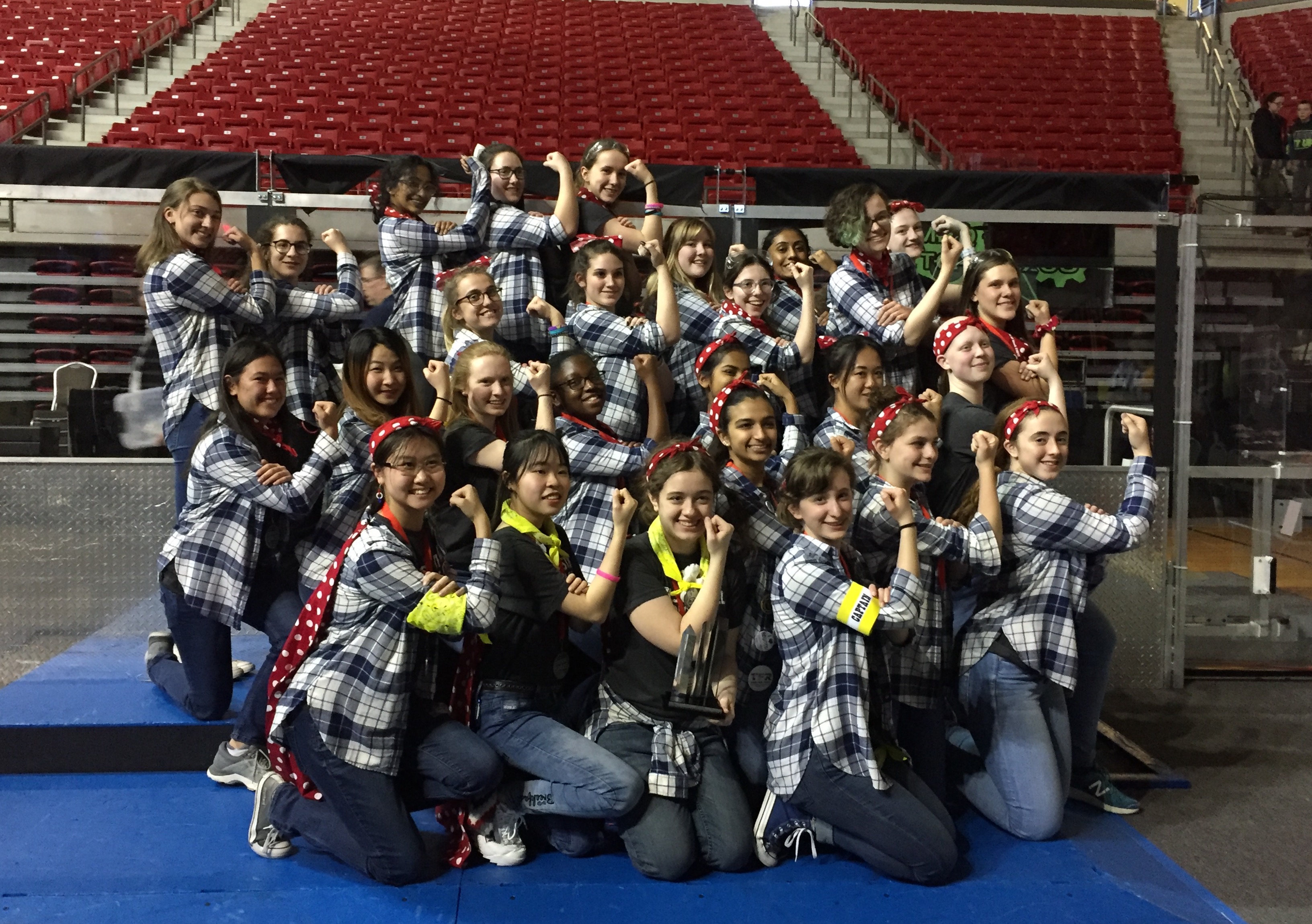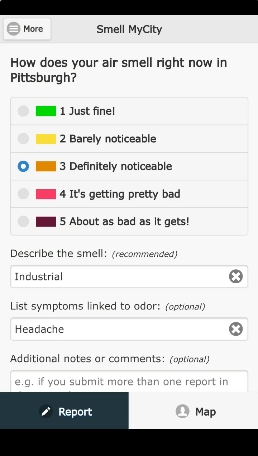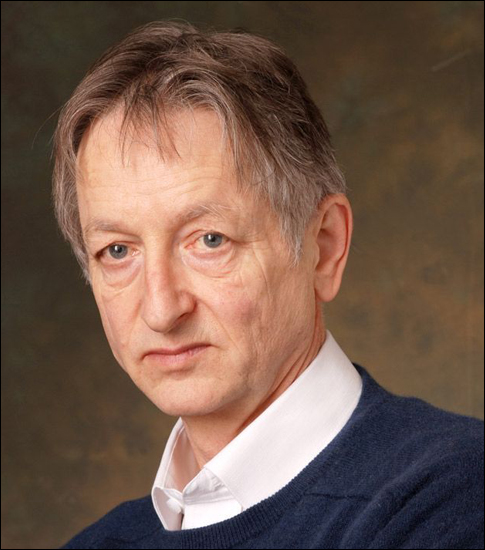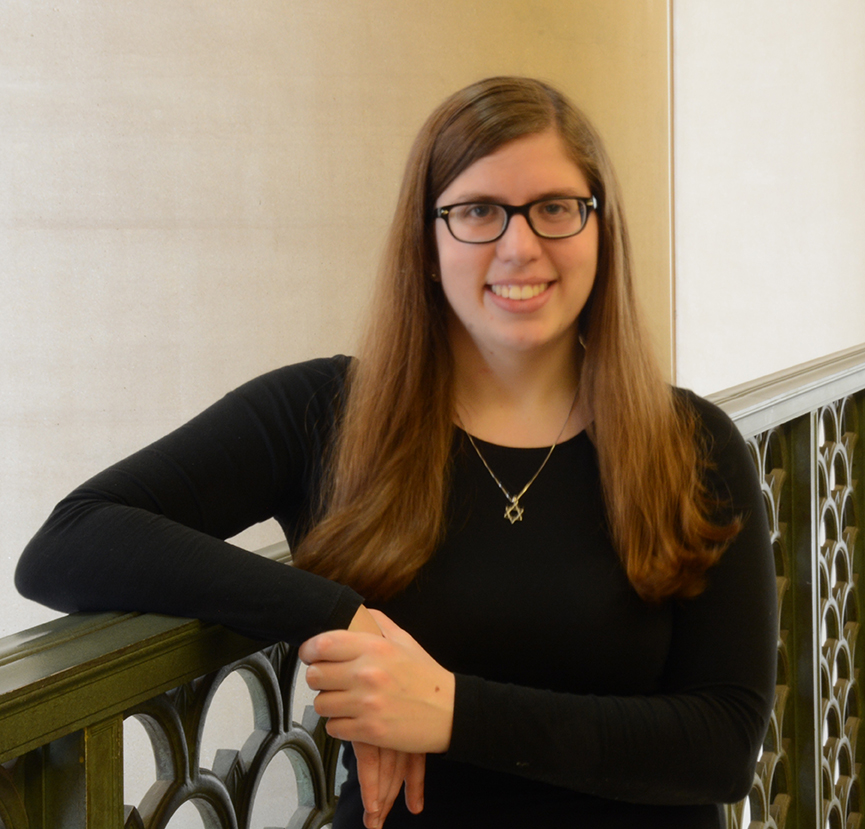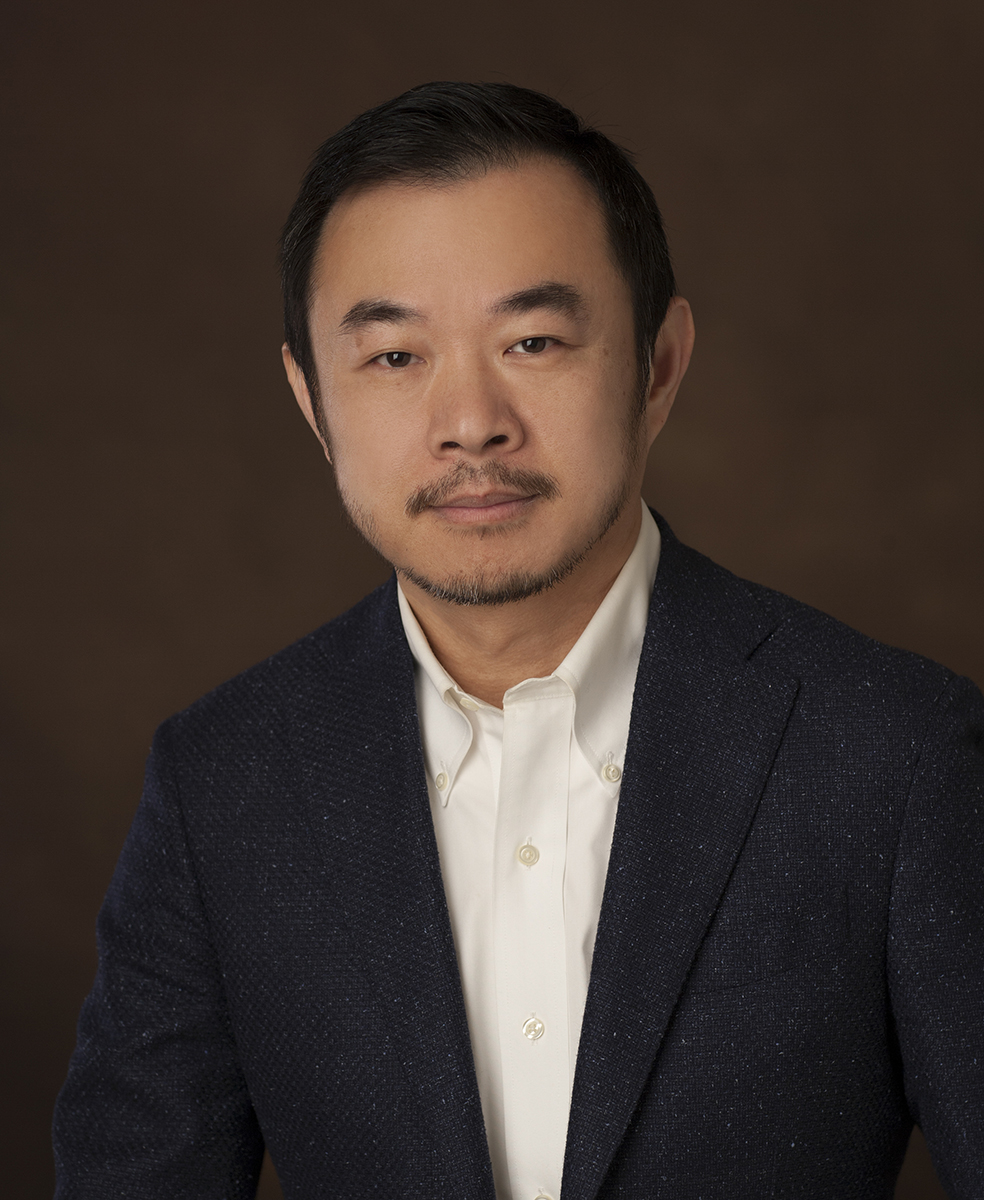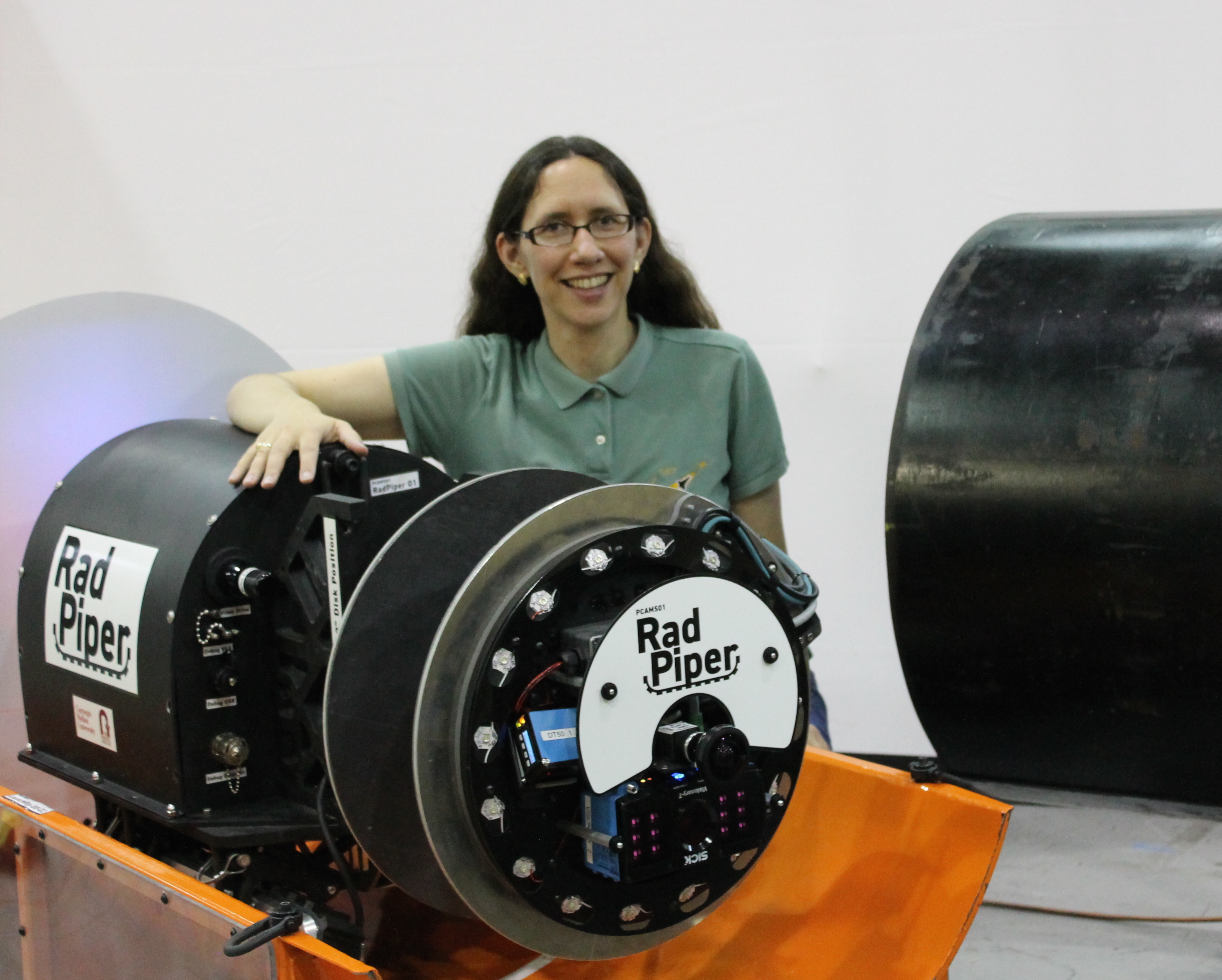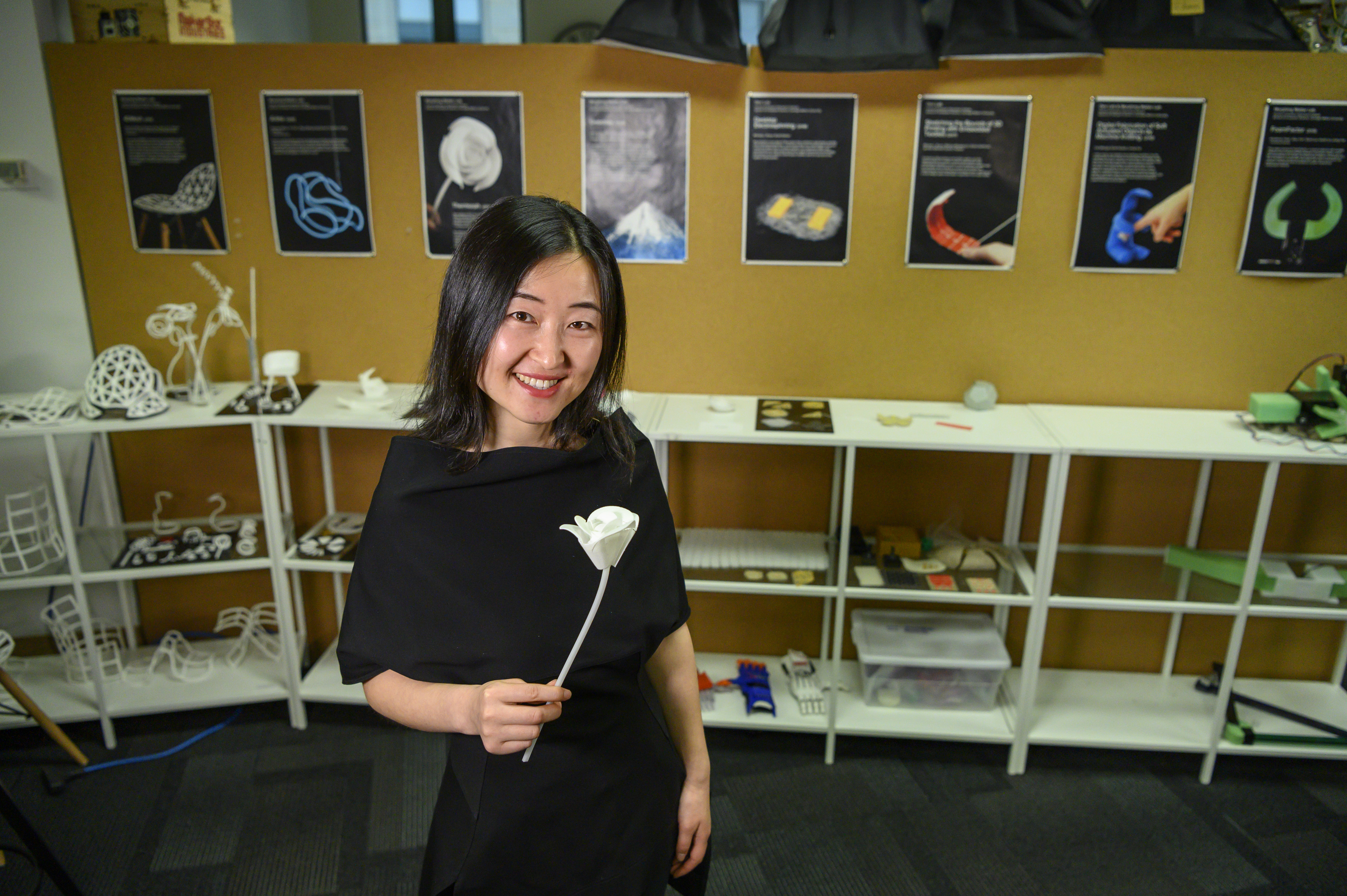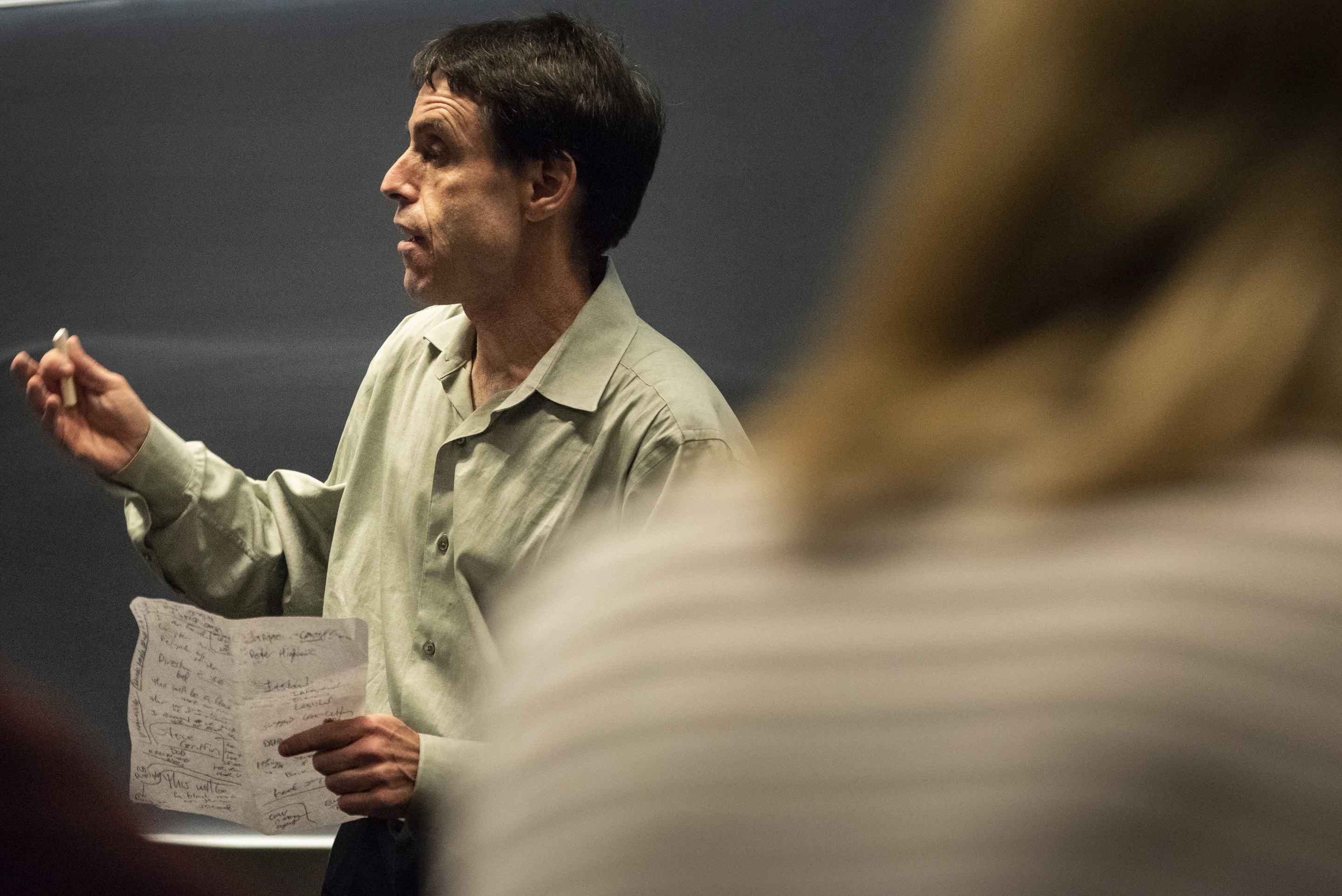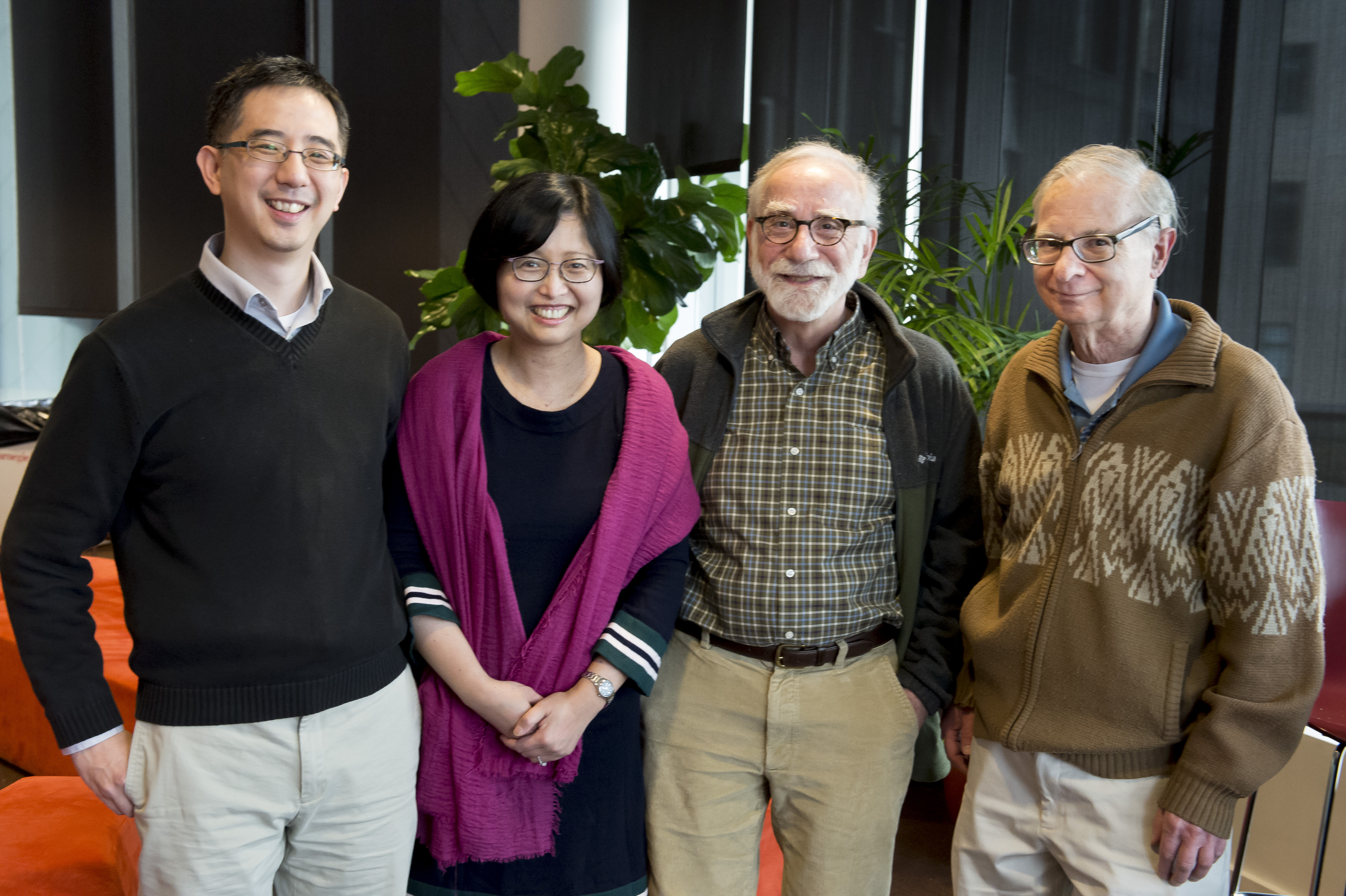Girls of Steel Preparing for FIRST Robotics Finals Competition
Team Brings Home Two Awards From Greater Pittsburgh Regional
The Girls of Steel, a robotics team sponsored by Carnegie Mellon University's Field Robotics Center, won two awards at the FIRST Robotics Competition Greater Pittsburgh Regional, qualifying the team and its robot, Laika, for the finals in Detroit. The team was part of an alliance that made it to the final match of the regional competition, which was March 21–23 at California University of Pennsylvania. Earlier this month, the team also competed at the Miami Valley FIRST Robotics Regional competition in Dayton, Ohio. At the Pittsburgh regional, the Girls of Steel won the Gracious Professionalism Award sponsored by Johnson & Johnson. The award recognized the team for an outstanding demonstration of FIRST core values, such as working together both on and off the playing field. The team also won a Regional Finalist award for reaching the final match and a Wildcard, qualifying them for the finals, April 24–27. This will be the team's ninth consecutive trip to the finals of FIRST Robotics. The team includes ninth through 12th grade girls from more than 20 Pittsburgh-area schools.

